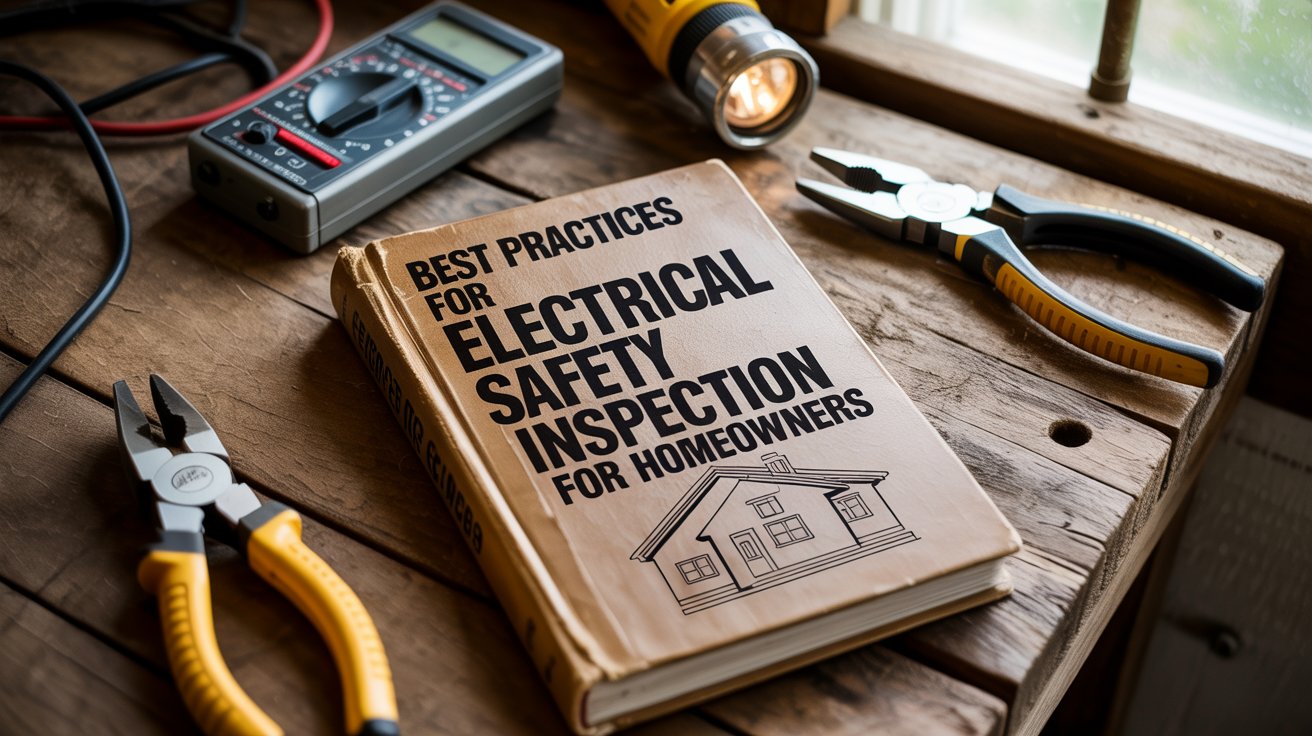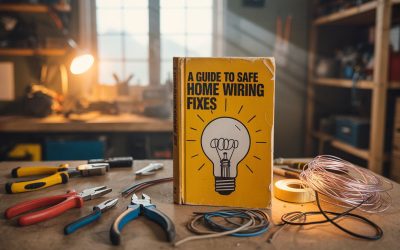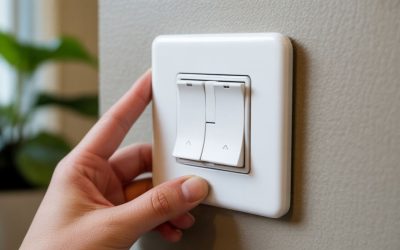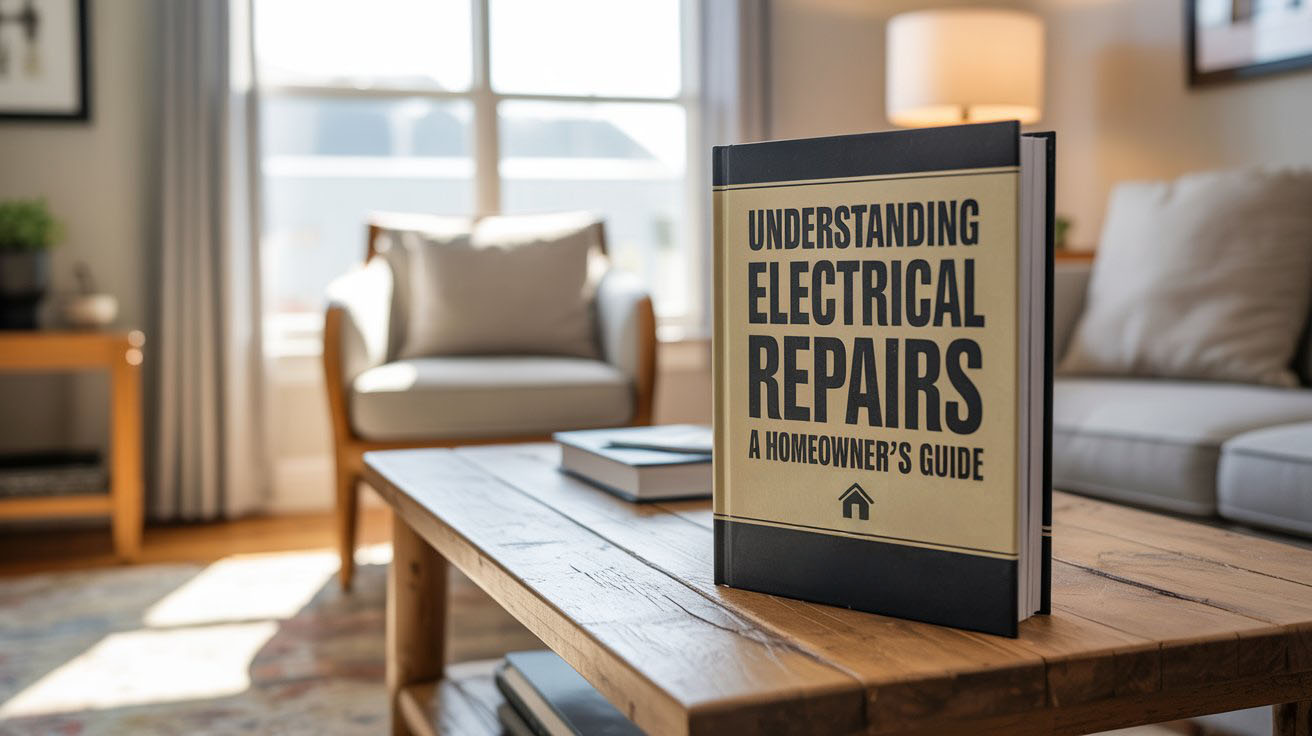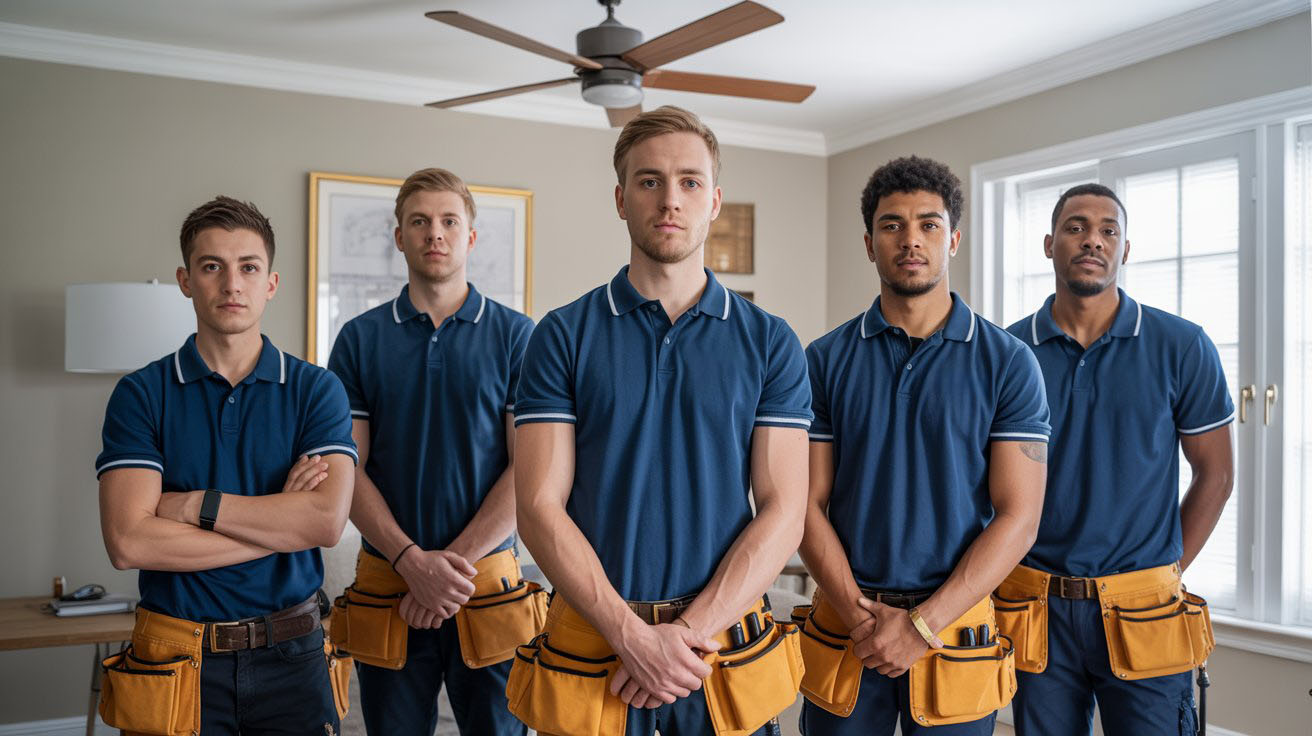Electrical safety inspections are vital for maintaining a secure home environment. They help identify potential hazards before they become serious issues. By following best practices, homeowners can ensure their electrical systems function safely and efficiently.
Table of Contents
- Importance of Electrical Safety Inspections
- Signs You Need an Electrical Inspection
- Preparing for the Inspection
- What to Expect During an Electrical Inspection
- After the Inspection: Next Steps
- Key Takeaways
- Frequently Asked Questions
Importance of Electrical Safety Inspections
An electrical safety inspection is crucial for preventing electrical fires and ensuring your home’s systems comply with current codes. Regular inspections help identify problems such as faulty wiring, outdated systems, or overloaded circuits. It is not just about compliance; it’s about peace of mind for you and your family.
Signs You Need an Electrical Inspection
Homeowners should be aware of several warning signs that indicate the need for a necessary inspection. If you notice any of the following, it may be time to call a professional:
- Flickering lights or frequent bulb burnouts.
- Strange smells or buzzing sounds coming from outlets.
- Warm or discolored outlets and switches.
- Tripped circuit breakers or blown fuses.
- Increased electricity bills without an apparent reason.
Preparing for the Inspection
Preparation is key to a smooth inspection process. Start by clearing the areas around electrical panels, outlets, and appliances. Ensure the inspector has easy access to your main electrical panel and any other relevant areas. It’s also a good idea to gather any previous inspection reports or documentation related to your electrical system.
What to Expect During an Electrical Inspection
During the inspection, the electrician will check several key components:
- Electrical panels and circuit breakers should be checked for any signs of damage or wear.
- Wiring throughout the home should be checked for any fraying or improper connections.
- Grounding systems to ensure proper function.
- Outlets and switches for safety and code compliance.
- Smoke detectors and carbon monoxide detectors functionality.
The inspection typically takes between 1 and 3 hours, depending on the size of your home and the complexity of your electrical system.
After the Inspection: Next Steps
Once the inspection is complete, the electrician will provide you with a detailed report. This report may highlight any immediate concerns and recommended repairs or upgrades. Based on this information, you can plan for any necessary updates, ensuring your home’s electrical system is safe and efficient.
Key Takeaways
- Annual electrical inspections are important for safety.
- Look for signs like flickering lights and warm outlets.
- Preparation can help the inspection go smoothly.
- Understand what will be checked during the inspection.
- Follow up on recommendations to enhance safety.
Frequently Asked Questions
How often should I have an electrical inspection?
It’s recommended to have your electrical system inspected every 3 to 5 years, or sooner if you notice any issues.
What happens if issues are found during the inspection?
Your electrician will provide you with a report and recommend repairs or upgrades to ensure safety.
Can I perform my electrical inspection?
While you can check basic things, it is best to hire a qualified electrician for a thorough inspection.
What are some common electrical problems?
Common issues include outdated wiring, overloaded circuits, and faulty outlets. Regular inspections can help catch these problems early.
Is an electrical inspection required by law?
While not always required, many local building codes do mandate inspections. Always check local regulations.
Schedule Your Electrical Service Today
Your safety is too important to overlook. Ensuring your home’s electrical system is in good shape can prevent accidents and costly repairs down the line. If you’re ready for an inspection or require additional information, please contact us today.

